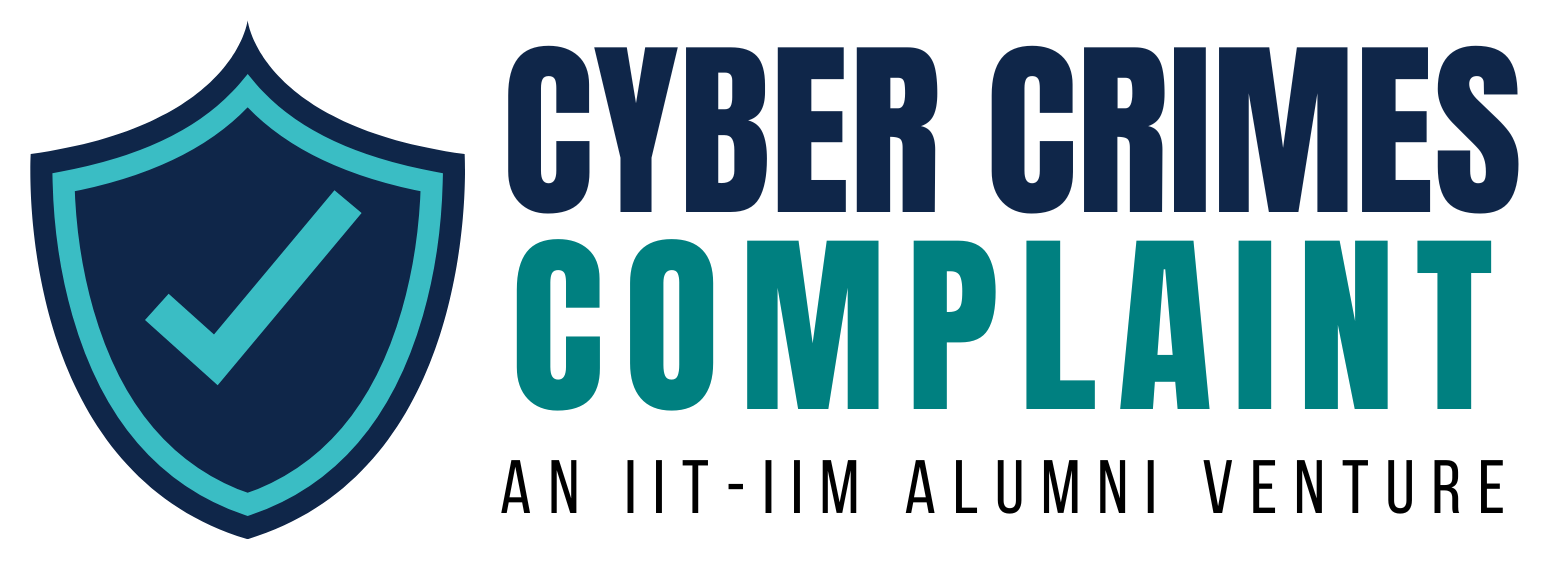· cyber-harassment · 3 min read
10 Essential Tips to Protect Yourself from Cybercrime
In today’s digital age, it’s crucial to take proactive steps to protect yourself from cybercrime.

Introduction
In today’s digital age, it’s crucial to take proactive steps to protect yourself from cybercrime. Cybercriminals are constantly finding new ways to exploit individuals and organizations for financial gain, identity theft, and data breaches. To help you safeguard your online presence, we have compiled ten essential tips to protect yourself from cybercrime.
Strong and Unique Passwords
Using strong and unique passwords for all your online accounts is the first line of defense against cyberattacks. Ensure that your passwords are a combination of letters, numbers, and special characters, and avoid using easily guessable information such as your birthdate or pet’s name.
Two-Factor Authentication (2FA)
Enable two-factor authentication whenever possible. 2FA adds an extra layer of security by requiring a second verification step, such as a unique code sent to your mobile device, in addition to your password.
Keep Software Updated
Regularly update your operating system, antivirus software, web browsers, and other applications to ensure you have the latest security patches. Outdated software can leave vulnerabilities that cybercriminals can exploit.
Be Cautious with Emails
Exercise caution when dealing with emails, especially those from unknown senders. Be wary of suspicious attachments, links, or requests for personal or financial information. Phishing emails are a common tactic used by cybercriminals to trick unsuspecting users into revealing sensitive data.
Use Secure Wi-Fi Connections
Avoid using public Wi-Fi networks for sensitive activities like online banking or accessing personal accounts. Public Wi-Fi networks may not be secure, and cybercriminals can intercept your data. Use a virtual private network (VPN) for added security when connecting to public Wi-Fi.
Regularly Back Up Your Data
Regularly back up your important data to an external hard drive or cloud storage service. In the event of a ransomware attack or data loss, having backups ensures you can recover your valuable information.
Be Mindful of Social Media
Exercise caution when sharing personal information on social media platforms. Cybercriminals can gather information from your profiles to carry out identity theft or targeted attacks. Limit the amount of personal information you share publicly.
Educate Yourself and Your Family
Stay informed about the latest cyber threats and educate yourself and your family members about safe online practices. Teach children about the importance of not sharing personal information with strangers and being cautious while interacting online.
Use Secure Payment Methods
When making online purchases, use secure payment methods such as credit cards or trusted payment gateways. Avoid sharing your credit card information through email or on unsecured websites.
Trust Your Instincts
If something feels off or too good to be true, trust your instincts. If you receive suspicious calls, messages, or requests, do not disclose any personal information and report the incident to the appropriate authorities.
Conclusion
By implementing these ten essential tips, you can significantly reduce your risk of falling victim to cybercrime. Stay vigilant, stay informed, and prioritize your cybersecurity to enjoy a safer online experience.



